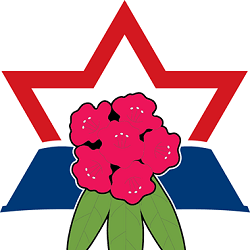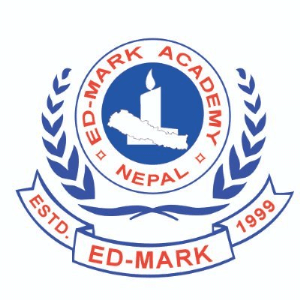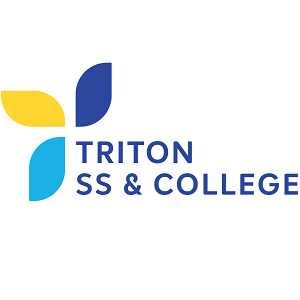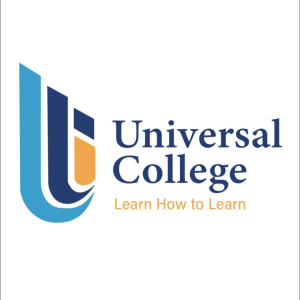Overview
MBS at Kathmandu BernHardt College, Bafal, Kathmandu
MBS at Kathmandu BernHardt College (KBC), Bafal, Kathmandu, runs under Tribhuvan University’s Faculty of Management. The program builds advanced grounding across core business areas and then moves to specialization papers with a thesis or seminar papers, depending on the cohort notice.
KBC supports steady progress through scheduled classes, tutorials, and presentation cycles. The library hosts key texts and case materials; labs support spreadsheet work and simple data analysis for assignments. A seminar hall and group rooms help teams prepare briefs and defend recommendations.
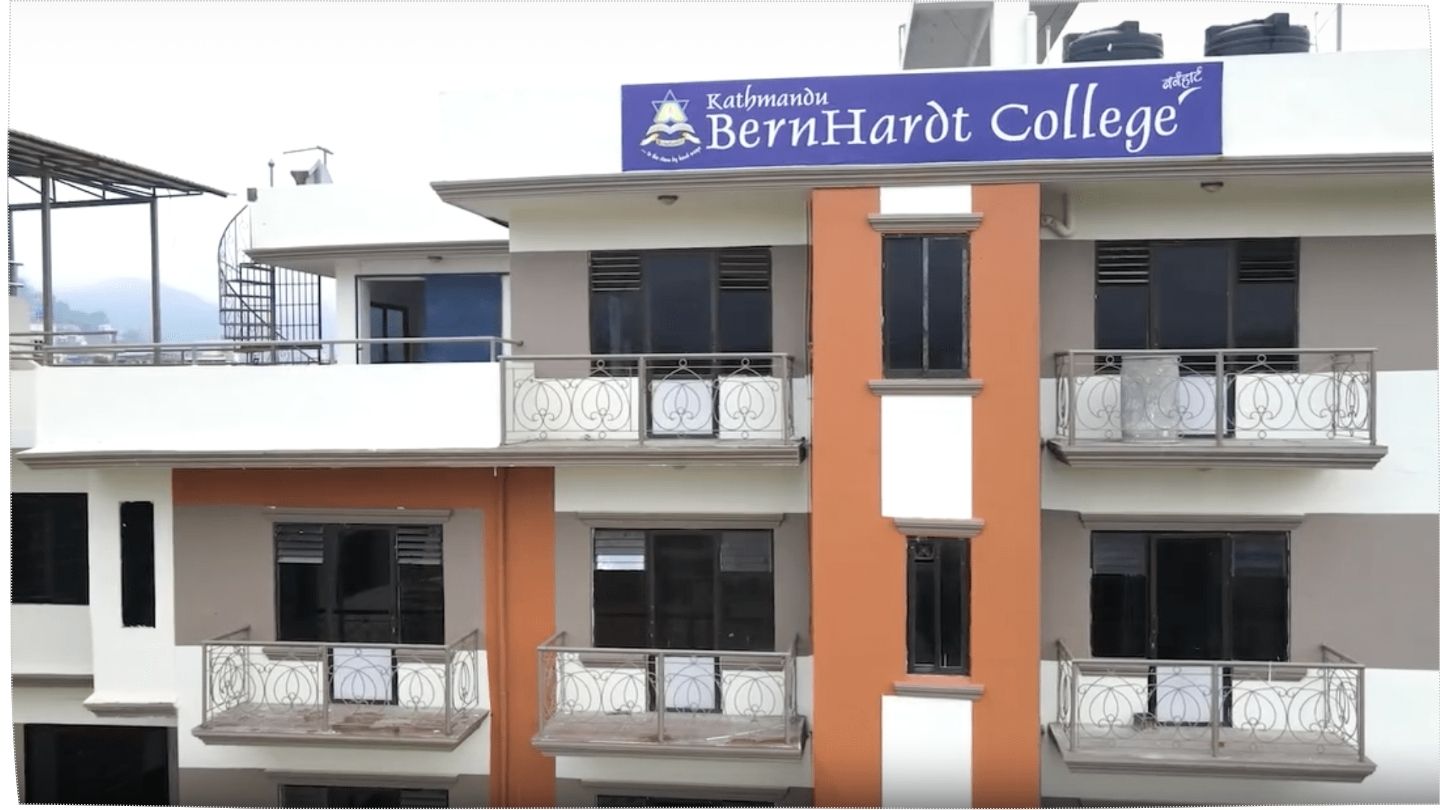
Highlights
-
Affiliation: Tribhuvan University (Faculty of Management)
-
Duration: Two academic years across four semesters under TU rules
-
Specialization areas: Finance, marketing, accountancy, or general management (as offered by the session)
-
Assessment mix: Internal checks, presentations, semester exams, and final thesis or seminar papers
-
Campus supports: Library, seminar hall, computer/digital labs, cafeteria, lifts, open areas, basement parking
Curriculum Details
MBS extends core management knowledge while adding focused depth. Typical components include:
-
Core management: Strategic management, managerial communication, business environment in Nepal
-
Quant and operations: Quantitative techniques, operations and supply topics, decision models
-
People and organizations: Organizational behavior, human resource management, leadership and negotiation basics
-
Finance and accounting: Financial management, financial reporting and analysis, management accounting
-
Marketing and analytics: Marketing decisions, consumer insights, research methods, simple dashboards
-
Specialization papers: Two papers from finance, marketing, accountancy, or general management
-
Culmination: Thesis or two seminar papers per cohort plan
KBC posts detailed course schedules at the start of each semester. Students maintain reading logs, submit topic proposals, and present updates at checkpoints so supervisors can track progress.
Objectives
-
Strengthen decision-making across functional areas using Nepali data and cases.
-
Build writing, analysis, and presentation habits suited to mid-level roles.
-
Guide students through a thesis or seminar papers that reflect real questions in the local market.
Scope
MBS graduates enter roles in banks, insurance, audit and consulting firms, trading houses, and development programs. Positions include finance and accounts, marketing and sales planning, operations management, and policy or compliance support. Some move to teaching roles after meeting university requirements; others start or scale ventures with a focus on budgeting, compliance, and service quality.
Learning Outcomes
-
Frame business problems clearly and justify chosen methods.
-
Build spreadsheet models for budgets, pricing, or risk checks; present results in tidy tables and charts.
-
Write concise reports that cite sources, define limits, and propose next steps.
-
Manage teams, timelines, and meeting notes across a semester project or thesis.
-
Communicate findings to supervisors and external readers in a professional tone.
Skill Development Modules
-
Spreadsheet modeling: Cash flow, working capital, sensitivity checks, and dashboards.
-
Research and writing: Proposal structure, literature scan, instrument design, referencing, and revisions.
-
Presentation: Ten-minute talk with a clear storyline, visual discipline, and time control.
-
Case analysis: Two-page briefs that weigh options and defend one course of action.
-
Professional habits: Meeting minutes, email clarity, file naming, and version control for documents.
Teaching Methodology
KBC blends lectures with hands-on sessions. Faculty assign local cases that use public data and firm-level scenarios. Tutorials work through calculations step by step. Students present progress at checkpoints, receive quick notes on what to fix, and resubmit cleaner drafts. The rhythm—quiz, assignment, presentation—keeps the load predictable during busy weeks.
Admission Requirements
-
Minimum qualification: Bachelor’s degree in management or an accepted equivalent under TU Faculty of Management policy.
-
Screening: Application review and counseling; an interview may apply per yearly notice.
-
Documents: Bachelor’s transcripts and character certificate, migration (as applicable), photos, ID copy, and other forms listed in the session notice.
-
Session planning: Follow TU and college calendars for forms, orientation, and class start.
Career Opportunities
-
Finance and accounts officer
-
Banking and insurance associate
-
Marketing and business development
-
Operations and supply support
-
Junior analyst in research or consulting
-
Teaching path after meeting university criteria
Growth depends on the strength of your thesis or seminar papers, the quality of case briefs, and references from supervisors or employers. Short professional certifications in taxation, auditing basics, or analytics tools can complement the degree.
Scholarships and Financial Aid
The college shares scholarship information during counseling. Ask for the written policy that lists categories, eligibility documents, allocation method, and renewal rules tied to grades and attendance. Keep copies of notices for reference during audits or employer checks.
Why Choose This Course?
-
TU recognition that supports career mobility in Nepal’s public and private sectors.
-
Structured learning across four semesters with clear checkpoints and feedback.
-
Specialization choice that matches interest and background.
-
Evidence-based writing through thesis or seminar papers rooted in Nepali data and cases.
-
Campus setup that supports research, group work, and presentations.
Conclusion
MBS at KBC suits students who want clear steps, steady feedback, and writing practice that leads to confident reports. The routine teaches you to plan work, deliver on deadlines, and present findings that help employers make decisions. Families and planners can verify the latest session rules, specialization availability, and submission timelines at the office.
FAQ
Which specialization is right for me?
Finance suits number-focused students; marketing suits those who enjoy market study and campaigns; accountancy fits those who like standards, audits, and reporting; general management works for cross-functional interests.
What improves selection after graduation?
A strong thesis or seminar papers, tidy case briefs, and a portfolio of spreadsheet models.
Can I move into teaching?
Yes. Teaching requires meeting university criteria and, in many cases, further study or certification.
How should I plan my final semester?
Lock a topic early, agree on a realistic schedule, and submit drafts on time so supervisors can respond before exams.
Do I need work experience before applying for an MBA later?
Many MBA programs value work exposure. A year or two in banking, services, or operations helps you apply classroom ideas to real contexts.



